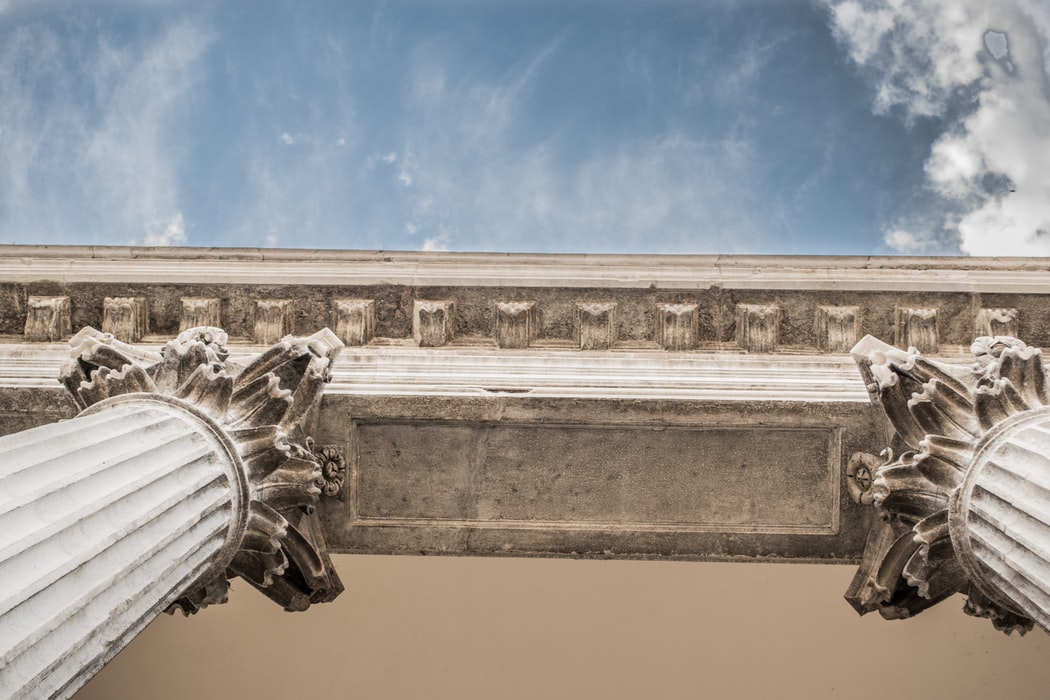Scope of NCLT/NCLAT’s Inherent Powers: Meeting the Ends of Justice
[By Rozat Akolawala ] The author is a student at the Maharashtra National Law University, Aurangabad. Like any other tribunal, the National Company Law Tribunals (hereinafter ‘NCLT’) across the country, and the National Company Law Appellate Tribunal (hereinafter ‘NCLAT’) have inherent powers that are exercised to meet the ends of justice and prevent the abuse of process of the Tribunal. It is well settled that the Tribunals cannot go beyond the purpose and objectives of the Insolvency and Bankruptcy Code, 2016 (hereinafter ‘IBC’), this implies that the Tribunals cannot interfere with the commercial decision of the Committee of Creditors (hereinafter ‘CoC’), unless it is unjust or violates the provisions of the IBC. This principle implies that the NCLTs’ and the NCLAT’s inherent powers cannot go beyond the commercial decision of the Committee of Creditors (hereinafter ‘CoC’) unless it is patently unjust or against the provisions of the IBC. The article focuses on the journey of these “inherent powers” from the year 2016, and the judicial pronouncements that set up the circumstances under which the Tribunal exercises these powers. Background The Central Government has a rulemaking power under Section 469 of the Companies Act, 2013 and it formulated the NCLT Rules, 2016, and the NCLAT Rules, 2016 under the provision. Both the Rules have similar provisions on the inherent powers of the Tribunal. However, according to Rule 10(1) of the Insolvency and Bankruptcy (Application to Adjudicating Authority) Rules, 2016, only selective Rules apply to the IBC, and Rule 11 falls in the left-out category. One can understand that the legislature intended to restrict the implementation of the rules in the IBC, and it is pertinent to note that Rule 11 which invokes the exercise of inherent powers was kept at bay. The reason behind this was the suggestion in the BLRC Report[i]. While dealing with the resolution process of the Corporate Debtor, the commercial decision of the creditors is placed at a high pedestal. The BLRC Report suggested that inherent powers of the Tribunals should be out of the statutory process to limit their interference in commercially viable decisions, to give effect to the commercial wisdom of the CoC. It was clarified in the case of Lokhandwala Kataria[ii] that as per Rule 10(1) only Rules 20 to 26 has been adopted for the functioning of the IBC and Rule 11 was excluded from the same. This was later affirmed by the Supreme Court and further in the case of Uttara Foods and Feeds[iii] it directed the authorities to carry out amendments which shall allow the Tribunals to exercise their inherent powers while dealing with insolvency proceedings filed under the IBC. The NCLAT in the case of Lokhandwala Kataria[iv] held that Rule 11 has not been adopted for the IBC’s purpose and Rule 10(1) adopts only Rules 20 to 26 so far. The Supreme Court later affirmed the same. In the case of Uttara Foods and Feeds[v], the Supreme Court reiterated the decision in Lokhandwala Kataria[vi] and directed authorities to amend the laws and to include inherent powers in the statutory working of the insolvency proceedings. Section 12A was incorporated in the IBC after considering the recommendations in the Insolvency Law Commission Report of March 2018. As per Section 12A if a withdrawal application for initiating insolvency proceedings has been approved by the CoC with a 90% voting share, same can be allowed by the Adjudicating Authority. In further discussion, in March 2018 in the Insolvency Law Commission Report, and after that Section 12A found its place in the IBC. Under Section 12A, the Adjudicating Authority can allow withdrawal of application for initiating CRIRP if approved by the CoC with a 90% voting share. In the case of Swiss Ribbons[vii], the Supreme Court held that the Adjudicating Authority can deal with a withdrawal application till the CoC’s constitution, this fell under the ambit of its inherent powers. Judicial Pronouncements Judgments revolving around the inherent powers of the NCLTs/NCLAT touch on the following areas- Review Application In the case of Shri Lalit Aggarwal[viii], the NCLAT while adjudicating a Review Application referred to the case of Dr. M.A.S. Subramanian[ix] and observed that power to review is not an inherent power of the court. The NCLAT exercised its inherent powers only to correct typographical errors of the Review Application. Discussing evidence and arguments of the Review Application was beyond the NCLAT’s power. Correspondingly, in the matter of Deepakk Kumar[x], the NCLAT believed that “review” is not an inherent power until and unless it is expressly mentioned in a statute or arises by any necessary implication. A Tribunal’s power to “review” must be a statute’s creation. Commercial Wisdom of the CoC In Sushil Ansal’s[xi] case, two Financial Creditors prayed for invoking Rule 11 of the NCLT Rules, 2016 to terminate the CIRP against the Corporate Debtor as they had agreed to settle the dispute. Relying on the award of Swiss Ribbons[xii], the NCLAT observed that to allow the settlement via their inherent powers, it is necessary to first hear both the parties and check if the CoC’s is formed. The Tribunals often construe the creditors’ decision strictly; however NCLT, Mumbai recently passed a judgment as to the obligations of the creditors. In the Dy. Commissioner of Customs DEEC[xiii] case, the question that arose was whether the Resolution Professional must send notice to the creditors requiring them to file their claim or is it the creditors’ duty to file their claim on the issue of the public notice. It was held that it is the creditors’ responsibility to file the claim, the NCLT, Mumbai refused to invoke its inherent powers to prevent violation of the provisions of the Code. Necessary for meeting the ends of justice or to prevent abuse of the process of the Tribunal The arguments in the matter of Univalue Projects[xiv] before the Calcutta High Court was that invoking the inherent powers of the Tribunals is a judicial function and not administrative. The opinion of the Court was that the Tribunals derive their inherent powers from a delegated legislation and ergo, cannot supersede the statutory provisions of the
Scope of NCLT/NCLAT’s Inherent Powers: Meeting the Ends of Justice Read More »









